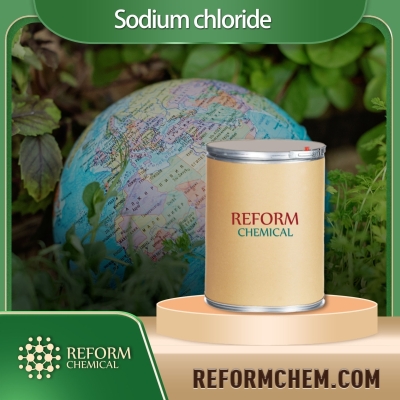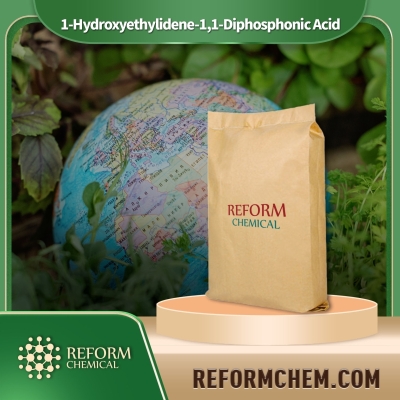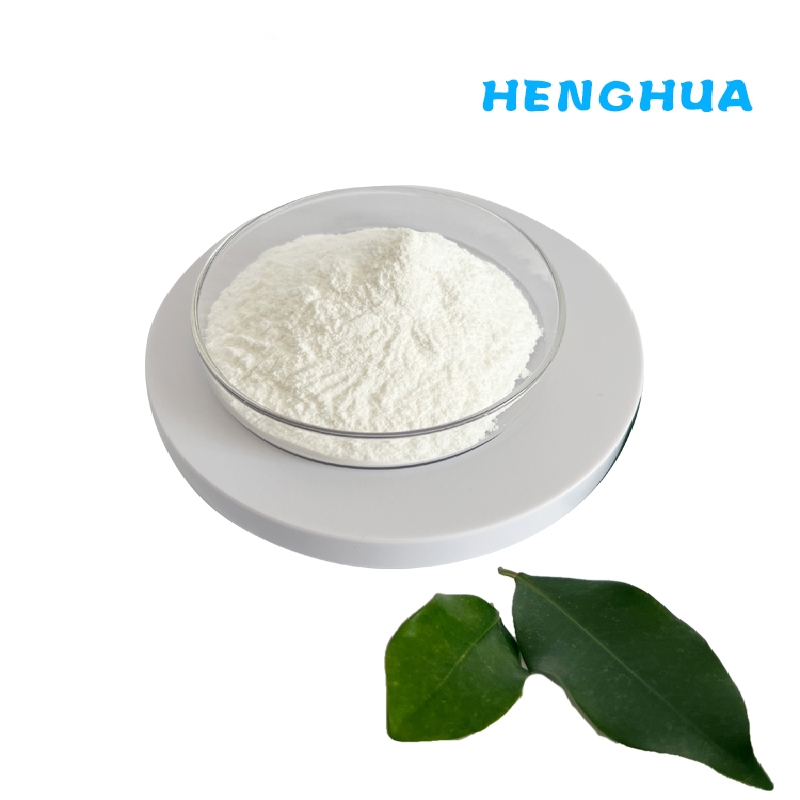-
Categories
-
Pharmaceutical Intermediates
-
Active Pharmaceutical Ingredients
-
Food Additives
- Industrial Coatings
- Agrochemicals
- Dyes and Pigments
- Surfactant
- Flavors and Fragrances
- Chemical Reagents
- Catalyst and Auxiliary
- Natural Products
- Inorganic Chemistry
-
Organic Chemistry
-
Biochemical Engineering
- Analytical Chemistry
-
Cosmetic Ingredient
- Water Treatment Chemical
-
Pharmaceutical Intermediates
Promotion
ECHEMI Mall
Wholesale
Weekly Price
Exhibition
News
-
Trade Service
Calcitonin is a hormone produced by the thyroid gland that plays a critical role in regulating the levels of calcium in the blood.
It is used to treat a variety of conditions, including hypercalcemia, osteoporosis, and medullary thyroid carcinoma.
The production process of calcitonin involves several steps, which are outlined below.
- Extraction: Calcitonin is extracted from the thyroid glands of pigs or cows.
The glands are obtained from slaughterhouses and are carefully cleaned to remove any contaminants. - Purification: The extracted calcitonin is purified using a variety of techniques, such as filtration, chromatography, and precipitation.
This purification process removes any impurities and results in a highly pure form of the hormone. - Isolation: The purified calcitonin is then isolated from other proteins and hormones that may be present in the extract.
This is typically done using ion exchange or hydrophobic interaction chromatography. - Folding: After isolation, the calcitonin is refolded into its native conformation using gentle mixing and dialysis.
This step is important for maintaining the biological activity of the hormone. - Formulation: The final step in the production process is the formulation of the calcitonin into a final product.
This may involve adding excipients, such as sugars or buffers, to stabilize the protein and ensure its stability during storage and use.
The production process of calcitonin is carefully monitored and controlled to ensure the purity and biological activity of the final product.
Quality control measures are in place throughout the process, including testing for impurities, biological activity, and stability.
In conclusion, the production process of calcitonin involves several steps, including extraction, purification, isolation, folding, and formulation.
These steps are carefully monitored and controlled to ensure the purity and biological activity of the final product.
Calcitonin is an important hormone used to treat a variety of conditions, and its production requires a high level of technical expertise and attention to detail.







